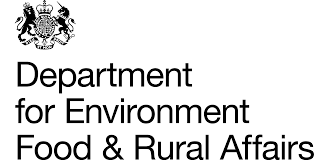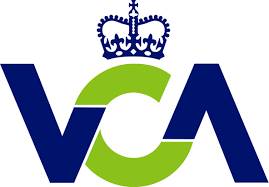Case Study
Accreditation: Building confidence in building inspection
Summary
United Kingdom Accreditation Service (UKAS) accreditation of a new building inspector competency scheme has helped building inspectors, many of whom are small- and medium-sized enterprises (SMEs), meet updated legal requirements and forms an important part of continuous professional development. In addition to raising standards of technical competence throughout the industry, the accredited scheme aims to play an important role in increasing confidence in the industry’s potential to deliver safer buildings.
Background
Part of the UK government’s ongoing building safety reforms include a requirement for building control professionals to register with the Building Safety Regulator (BSR) under a newly created Building Inspector Competency Framework (BICoF).
The Building Safety Act 2022 makes BICoF registration mandatory for all classes of building inspector, working in both the public and private sectors, in all types of buildings across England. Successfully completing the Building Safety Competency Foundation’s (BSCF’s) Building Control Inspector (BCI) competence certification scheme is one of the three prescribed BICoF registration routes.
BSCF’s BCI is the first and, to date, the only building inspector competency scheme that is UKAS accredited, having been assessed against the internationally recognised ISO/IEC 17024 standard (Conformity assessment: General requirements for bodies operating certification of persons).
Strategy
Building control professionals need to be able to demonstrate that they are continuously developing their skills in line with the needs of clients, and that any learning is being applied to projects. The BCI certification scheme rigorously evaluates the competence of building control professionals across all inspecting roles and specialisms. In addition to helping building inspectors meet mandatory BSR registration requirements, the BCI certification scheme aims to raise standards of technical competence throughout the industry.
Whilst the BICoF does not provide an exhaustive list of competency criteria, assessments under the BCI certification scheme include a review of the relevant qualifications, knowledge and experience academic/technical qualifications, as appropriate to each inspector’s role. Continuous professional development is another important aspect, as building inspectors must be reassessed every four years in order to maintain their BICoF registration.
Results and impact
Within the first six weeks of being granted UKAS accreditation, BSCF confirmed the competency validation of the 1,000th candidate.
UKAS accreditation provides a valuable additional layer of independent scrutiny and assurance to the process, further enhancing the BCI competency certification scheme’s reputation and its potential to restore faith in the industry’s ability to deliver safer buildings.
UKAS accreditation has long been recognised as demonstrable proof of competence, proving assurance across a wide variety of industry sectors. UKAS was able to utilise this extensive experience to respond at pace and develop accreditation of the BIC competency certification scheme, reflecting the important role accreditation continues to play in underpinning confidence throughout the built environment.
Contact








